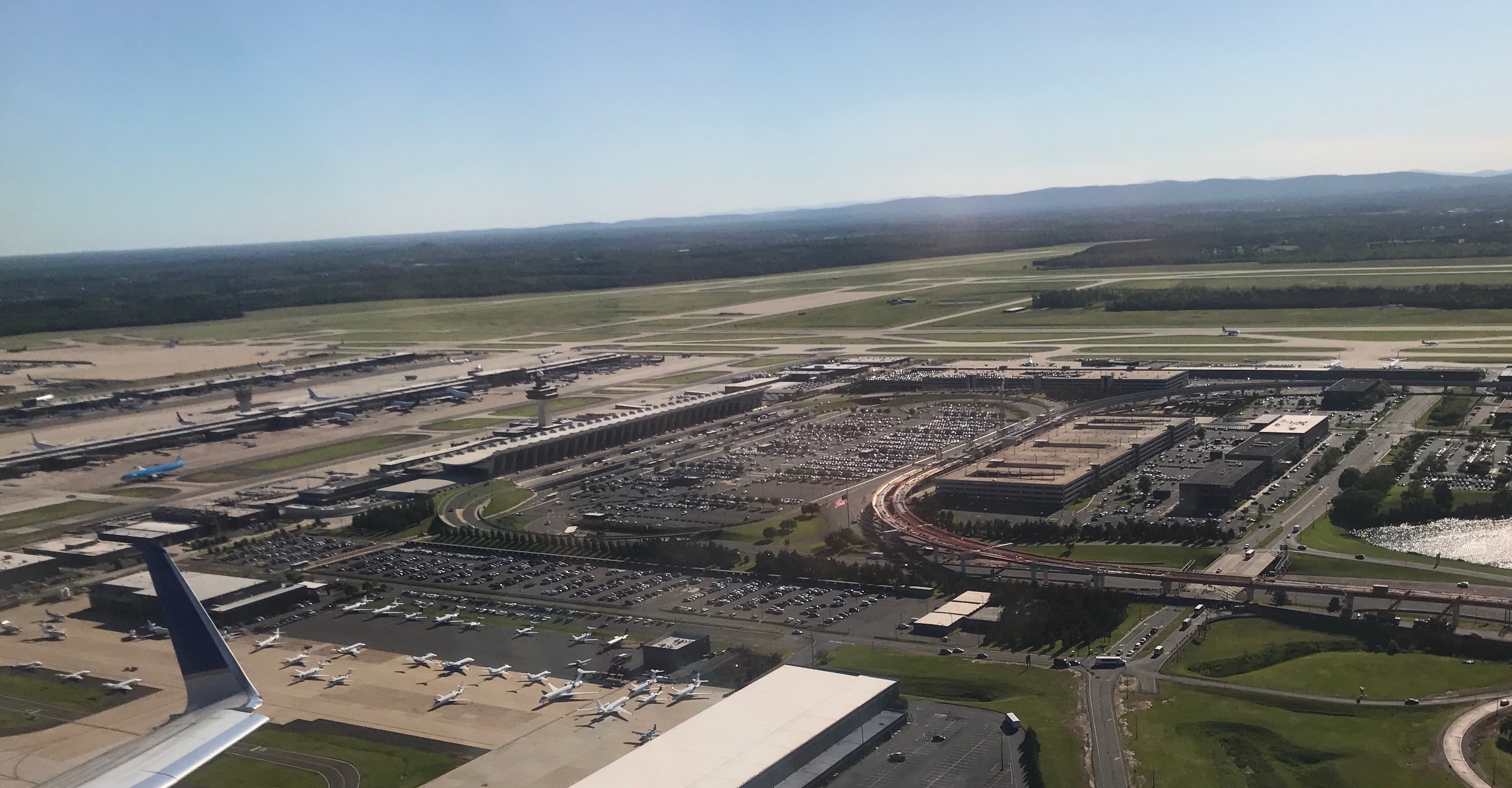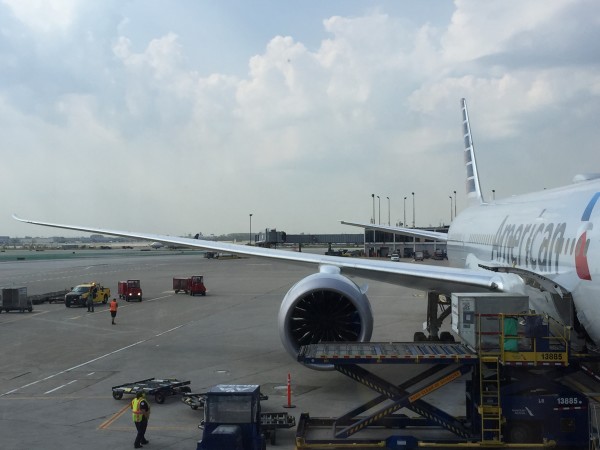Is Wall Street To Blame For Poor Airline Service?

It’s a bit of a crazy time for air travel right now. When a United passenger was dragged off an airplane earlier this year, it seemed like an explosion of incidents started hitting the news. But, where’s the root of the problem?
Is someone at the airlines telling employees they should cancel passenger tickets when the customer does something they don’t like? Or, is management focused on other areas?
A recent New York Times article suggests the latter. Top airline executives are financially rewarded for profitability. Short term profitability at that:
Rich bonus packages for top executives are now largely tied to short-term income targets and fatter profit margins instead of customer service. Of course, bolstering profits — and in turn, stock prices — has always been a big part of management’s responsibility to shareholders, but making it virtually the only criterion for executive pay is new.
Five years ago, American Airlines factored in on-time arrivals, lost baggage and consumer complaints to help calculate annual incentive payments for top management. Today, these bonuses are based exclusively on the company’s pretax income and cost savings.
United has also scaled back bonuses linked to reliability and customer satisfaction for senior executives in recent years. But in the wake of what happened in April, bonuses “will be made more comprehensively subject to progress in 2017 on significant improvement in the customer experience,” the company said in a financial filing.
Show Me The Money?
Count me firmly in the camp of folks who think airline executives should not be largely compensated based on short-term stock performance. I understand how we got here, but it creates a number of perverse incentives for executives. Very few of those incentives focus on customer service, though United seems to be pivoting from this.
I’m actually dealing with this now in my “day job”. We’re designing compensation packages for top executives in one of our business units. While a decent part of their compensation will be tied to profitability, we’re absolutely adding in other elements.
“Managing to the quarter” is nothing new for executives of publicly-held companies. In certain situations, it’s the right decision. But, the airlines need to make long-term strategic decisions. Fuel hedging (or not), airplane purchases, employee contracts are all decisions that require playing the long game.
The introduction and expansion of Basic Economy fares is another example of short-term thinking on profitability. Airline executives may be able to “show” they created long-term value. They can probably keep shareholders happy until the economy turns south. With planes full, business travelers who choose to be free agents are replaced by another person willing to pay a higher fare.
But, when things start to get rocky again (and they will), airlines won’t be able to fill seats as easily. It’s easy to say that they’ll shrink their fleets to match demand. It’s much harder to do so, especially given the number of new planes still on order by those same airlines. American still has the second largest order book in the world.

More Incentives
While they’ve got the most planes on order amongst the US-based airlines, American is the most recent airline to take apart their loyalty program. That’s an interesting paradox. They want to fill those new planes with high-paying business travelers. But, they’re offering them less incentive to be loyal.
I’ve already shifted my spending this year, focusing on the airlines that get me home to my family quickest above all else. I’ve even dipped into the Frontier Airlines side of the world.
I’m not alone. Other business travelers I know have started to focus less on being loyal to one airline. Airline executives seem to be betting they’ll be able to create loyalty when they need it (when the economy goes in the toilet again). They may be right. They may be able to re-program how customers think. It’s sure going to be interesting to watch.
The post Is Wall Street To Blame For Poor Airline Service? was published first on Pizza in Motion

I wouldn’t be surprised that somewhere in the future, ME3 carriers will be blamed for this declining level of services. Or have they already?
Cipta, they’ve already been blamed for loss of jobs. Why not loss of customer service too?
Excellent thoughts! I like that you have some solutions as well in terms of compensation packages. Seems to me that you are on the right track here.
It seems to me Boarding Area needs a ‘Government Relations’ lawyer to lobby the congress on Frequent Flyers behalf.
Nathan, we’d need a LOT more ad revenue. 😉
I agree with a majority of your thoughts. Airline execs are using cheap oil, reduced competition thx to gov’t allowing mergers, and increased Rev by fees on everything to make it look like they know what they are doing. The simple fact is the Delta execs kinda know what they are doing and everyone else follows. If oil was back at $80 or $90 thing would be different. No one in the industry innovates anymore…they just add fees and reduce the customer experience.
I really think the airline execs know the current profitability vs customer service decline can’t continue without something giving. I think they all know they can get 5-10 years of nutty bonuses and then just leave when sh $t finally hits the fan. Maybe I’m wrong, but I think most are like Smi,J. Does anyone really think he misses the people he works with or the industry…while enjoying his millions somehow from outside a prison??